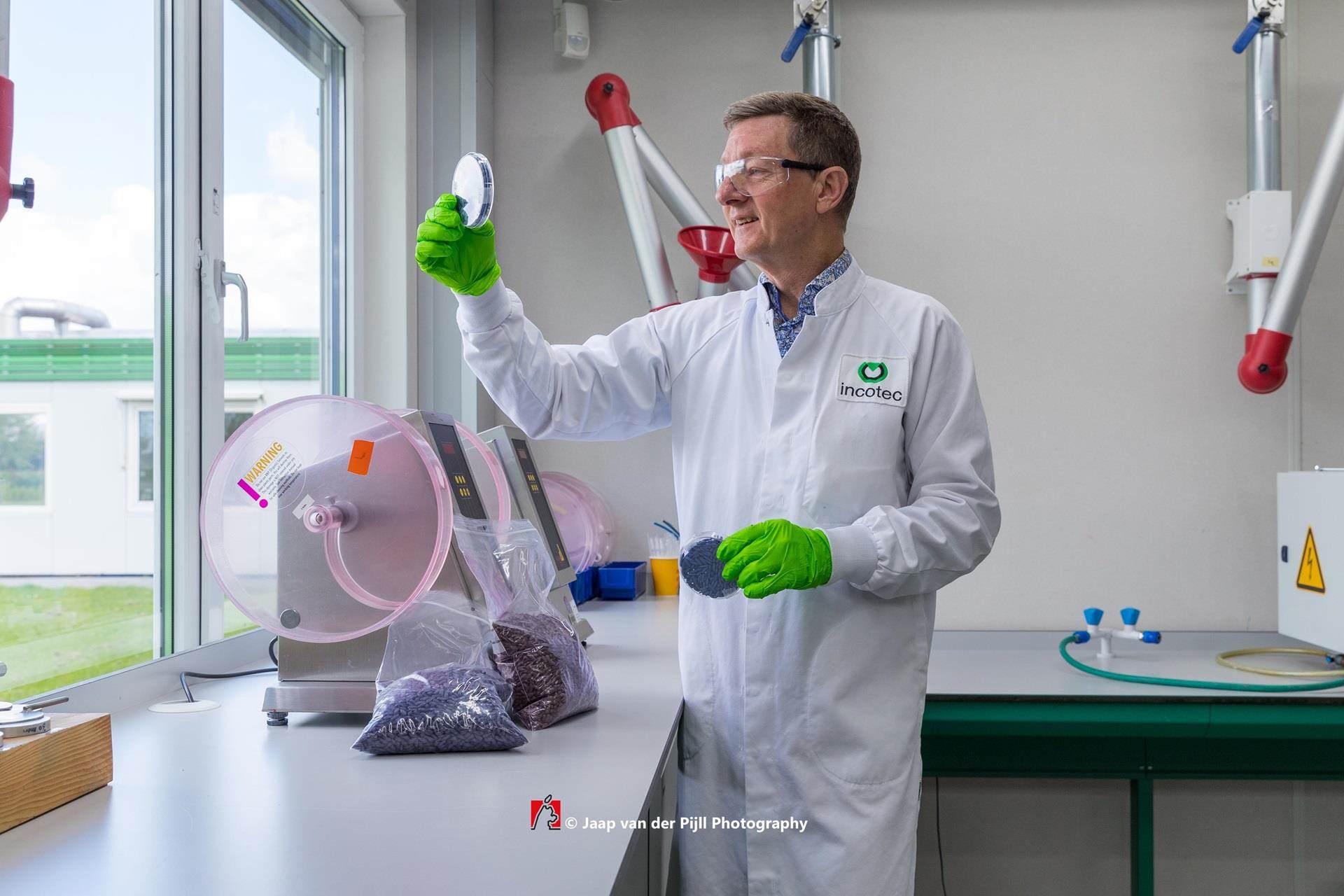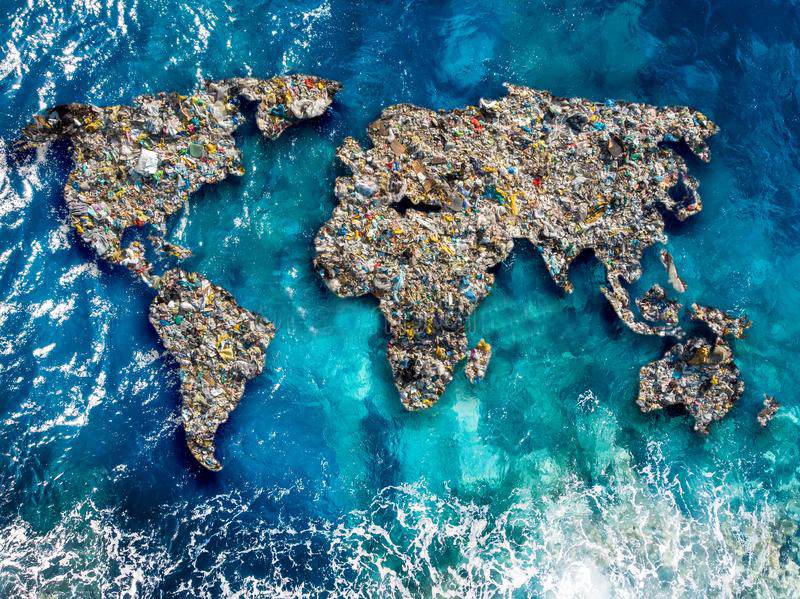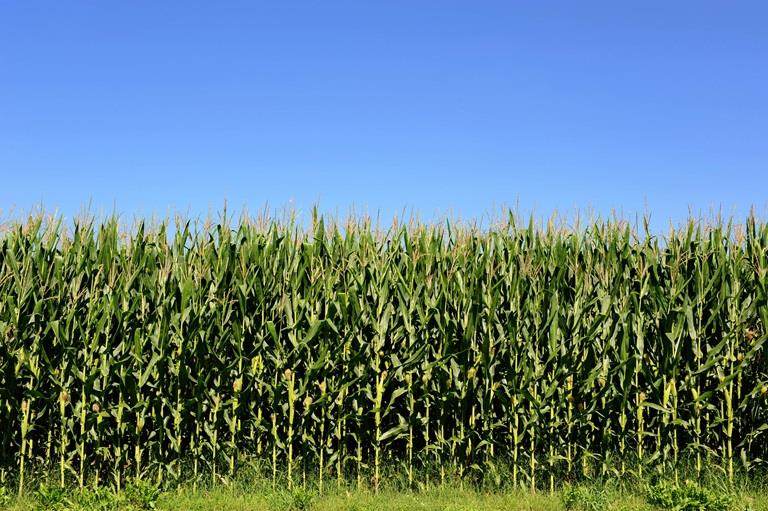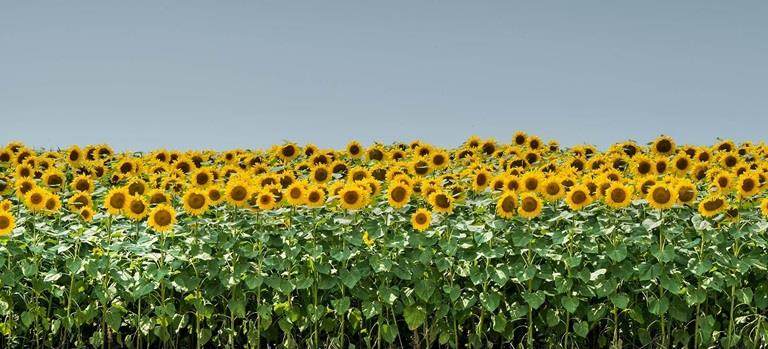Microplastics regulation for seed sector: What's changing and when?
This edition of our newsletter, covers updated EU timelines for microplastics regulation. It also highlights Incotec’s progress on vegetable seed coatings and global market interest.
CONTENT
- What’s new on the timing of microplastics regulations?
- When will microplastic free alternatives be available for vegetable seeds?
- What is happening outside of the EU?
- 3 things you need to know
The timelines which were set originally regarding the restriction of intentionally added microplastics are still being met. In February 2021, the final opinions of the RAC (Risk Assessment Committee) and the SEAC (Socio-Economic Analysis Committee) were submitted.

Rob Pronk, Global Marketing Manager Incotec: “Based on the opinions and consultation with various stakeholders there were several changes made in the dossier. The most relevant one for the seed industry is that the transition period after the EiF date, meaning Entry into Force, has been extended from 5 years to 8 years for Plant Protection Products.
The transition period for seed treatment products remains 5 years. The extra time for PPPs was granted because PPPs require registration after alternatives have been developed and this takes a couple of years at least. The next step will be development of a draft amendment by the European Commission.”
When will microplastic-free alternatives be available for vegetable seeds?
At the moment Incotec is working actively with customers to identify best suited products, and expects to launch a generally applicable film coating product range in the course of 2021. Marta Dobrowolska, head of R&D for Incotec Europe: “After the successful launch of microplastics-free alternative film coatings for field crops, the European team is now preparing a vegetable microplastic-free series.
During the development phase, we have been closely working with our customers to ensure that our film coatings can be easily applied on a variety of equipment and on a broad range of vegetable seeds.”
What is happening outside of the EU?
Although the microplastics ban will become effective for Europe first, there is growing interest from seed companies all over the world.
We see more and more interest from other regions, where microplastics are not restricted just yet. Our customers are becoming increasingly aware of the added value of the microplastics-free alternatives, combining positive environmental impact with superior performance and excellent versatility.
At the moment we are looking to get our recently launched MPF-coating for corn EPA approved.

3 things you need to know about microplastics
1. What are microplastics?
Microplastics are small, usually microscopic, solid plastic particles. They end up in the environment when larger articles, such as litter or car tyres, fragment or wear away. They are also deliberately manufactured and added to some products such as cosmetics, cleaning and laundry products, and fertilisers to give these products a certain texture or technical function. Microplastics are also used as the soft infill on artificial turf sports pitches.
2. Why are microplastics a problem?
Irrespective of their source, microplastics are persistent and universal pollutants. When products containing them are used, microplastics can be released to the environment where they stay for centuries, as they do not biodegrade. Microplastics have been found in marine, freshwater and terrestrial ecosystems as well as in food and drinking water. Their continued release in massive quantities every year contributes to permanent and irreversible pollution of our ecosystems and food chains.
3. What is the restriction proposal about?
ECHA’s proposal, requested by the European Commission, will affect microplastics in products placed on the market in the EU/EEA. The proposal would ban products that contain microplastics from the EU/EEA market if these microplastics are inevitably released to our environment when the products are used. Examples of such products are cosmetics, cleaning and laundry products, fertilisers, plant protection products and seed coatings.

Microplastic-free corn coating nears launch
